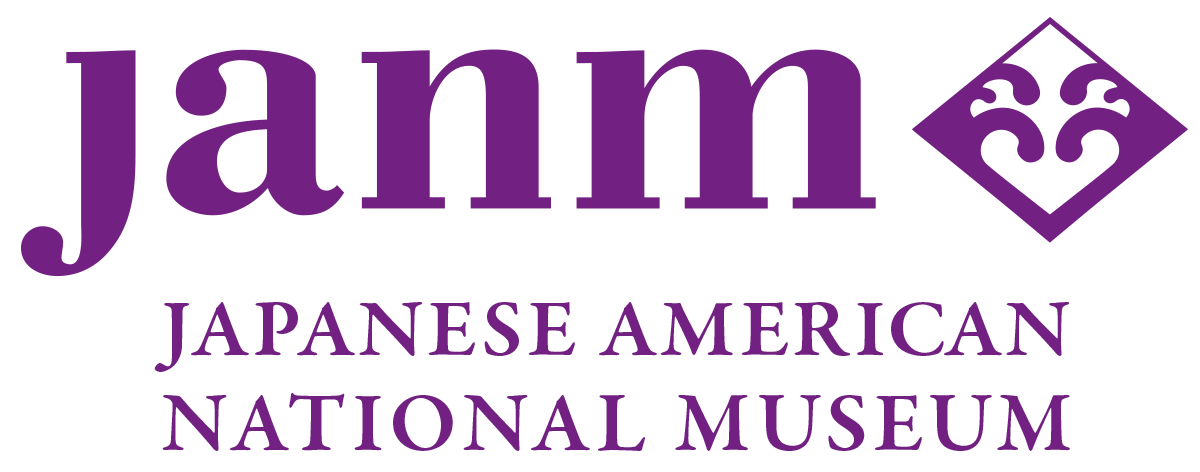FOR IMMEDIATE RELEASE - February 19, 2025
PRESS CONTACTS:
Media Relations - mediarelations@janm.org - 213.830.5690

JANM’s Statement on the 2025 Day of Remembrance
Editors please note: JANM’s Pavilion is closed for renovation; programs will continue on the JANM campus and at other locations at janm.org/OnTheGo.
LOS ANGELES, CA – Today the Japanese American National Museum (JANM) commemorates the Day of Remembrance—a day that marks a historic moment of healing and celebrates the resilience of the Japanese American community. It serves as a powerful reminder of the consequences of racial injustice.
Eighty-three years ago, Japanese Americans and their families were forcibly removed from their homes and incarcerated in America’s concentration camps without due process. After the war, as they resettled into their old neighborhoods or settled into new communities, they continued to face segregation and racial discrimination. The Day of Remembrance brings these important and relevant stories to the forefront of the American public’s consciousness every year with programs and events across the country.
Yesterday, JANM and The Irei Project launched the national tour of the Ireichō at the Day of Remembrance in Washington, DC. The Ireichō, a book of names honoring every individual of Japanese ancestry who was incarcerated during World War II, was displayed alongside the original Executive Order 9066—the directive that tore families apart, stripped them of their rights and possessions, shattered communities, and inflicted generations of trauma.
Placing the Ireichō next to Executive Order 9066 in our nation’s capital—where the order was originally signed—created a profound moment of reckoning and healing for the American public. Together they form a bridge, connecting the racial injustices symbolized by Executive Order 9066 to the real lives of those affected—family members, friends, trailblazers, and icons—who persevered and continued to advocate for democracy, equality, and civil rights. On the battlefield and in the courtroom, in the barracks and on campuses, at pilgrimages and through the arts and in countless other ways, Japanese Americans have fought to ensure that the injustices inflicted upon their families during World War II are never repeated against any other community.
On the 83rd anniversary of the Day of Remembrance, JANM stands as a place of memory, truth, and justice, where history is preserved and actively used to confront contemporary threats to democracy and human dignity, charting our nation’s journey towards a more just and equitable future.
William T Fujioka
Chair, JANM Board of Trustees
###


